Rubio Warns Syria on Brink of 'Full-Scale Civil War' Amid Fragile Transition
U.S. Secretary of State Marco Rubio urges international backing for Syria’s transitional government, cautioning the country could face collapse within weeks.Speaking at a Senate Foreign Relations Committee hearing on Tuesday, U.S. Secretary of State Marco Rubio warned that Syria may be only weeks away from collapse and a "full-scale civil war of epic proportions" unless its fragile transitional government receives urgent international support.
Rubio defended former President Donald Trump’s recent decision to lift U.S. sanctions on Syria, a move made ahead of Trump’s controversial meeting with Syrian President Ahmed al-Sharaa in Saudi Arabia. Sharaa, a former al-Qaeda commander, led the rebel forces that ousted longtime leader Bashar al-Assad last December.
Trump argued that the lifting of sanctions was necessary to unlock international aid, as many countries were unwilling to assist Sharaa's administration due to fear of violating U.S. sanctions. Rubio echoed this view, stating, “Nations in the region want to get aid in, want to start helping them. And they can't because they are afraid of our sanctions.”
There has been no official response yet from Syrian government representatives. The original sanctions were imposed in response to the Assad regime’s widespread atrocities during a brutal 13-year civil war, which killed more than 600,000 people and displaced 12 million others. The U.S. had previously maintained that certain benchmarks — including protections for religious and ethnic minorities — must be met before any easing of sanctions.
While Sharaa has pledged to uphold minority rights, recent deadly sectarian violence has raised serious doubts. In March, nearly 900 civilians — mostly Alawites, Assad’s sect — were killed in western Syria by pro-government forces during violent clashes with regime loyalists. Reports suggest loyalist factions were responsible for the deaths of about 450 civilians and 170 security officers.
Further violence erupted in early May, when more than 100 people were killed during fighting involving Druze militias, the new security forces, and allied Sunni Islamist factions in Damascus suburbs and Suweida province.
The composition of the new transitional government has fueled concern, especially among Syria's minority communities. It is largely dominated by Sharaa’s Sunni Islamist group, Hayat Tahrir al-Sham (HTS), a former al-Qaeda affiliate still listed as a terrorist organization by the U.S., United Nations, EU, and UK. Sharaa himself remains designated as a "specially designated global terrorist" by the U.S., although the Biden administration recently removed a $10 million bounty for his capture.
Despite his controversial past, Sharaa was warmly received by Trump during the Saudi summit. Speaking afterward, Trump described him as “a young, attractive guy,” and added: “Tough guy. Strong past. Very strong past. Fighter. He’s got a real shot at pulling it [Syria] together. It’s a torn-up country.”
Sharaa welcomed Trump’s decision to lift sanctions, calling it “historic and courageous” and claiming it would “alleviate the suffering of the people, contribute to their rebirth, and lay the foundations for stability in the region.”
Rubio struck a more cautious tone in Washington, joking that the transitional leaders “didn't pass their background check with the FBI,” but said engagement was the only viable path forward. “If we engage them, it may work out. If we don’t, it’s guaranteed not to,” he said.
He attributed current tensions to Assad’s long-standing strategy of sowing division among Syria’s diverse ethnic and religious groups. “The minorities are dealing with deep internal distrust... because Assad deliberately pitted these groups against each other,” Rubio noted.
In a parallel development, the European Union also agreed to lift economic sanctions on Syria. EU foreign policy chief Kaja Kallas said the move was aimed at aiding reconstruction efforts and supporting the Syrian people. “The EU has always stood by Syrians throughout the last 14 years — and will keep doing so,” she posted on X.
In response, Syria’s foreign ministry welcomed the EU decision, describing it as “the beginning of a new chapter in Syrian-European relations built on shared prosperity and mutual respect.”

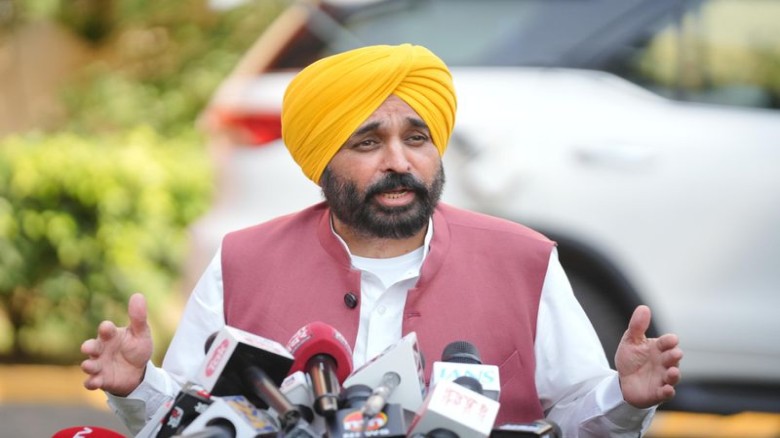

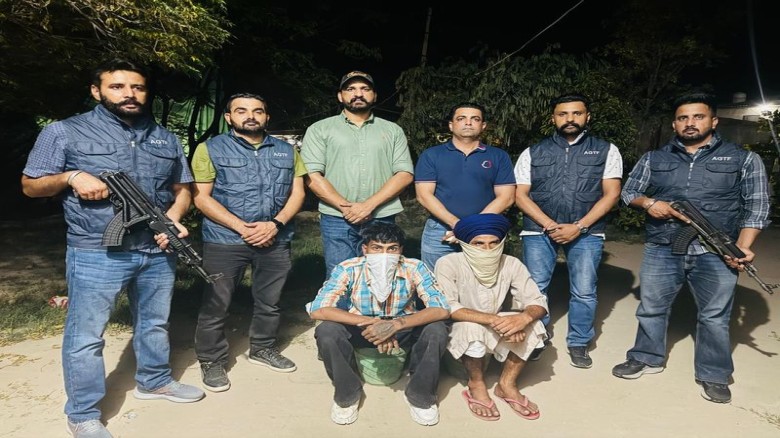

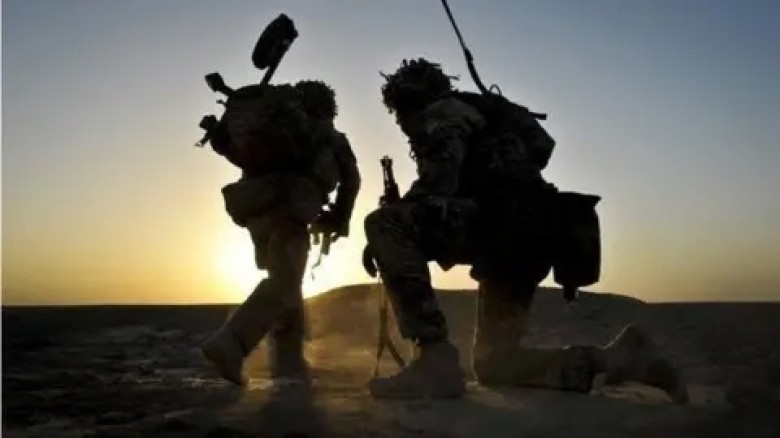
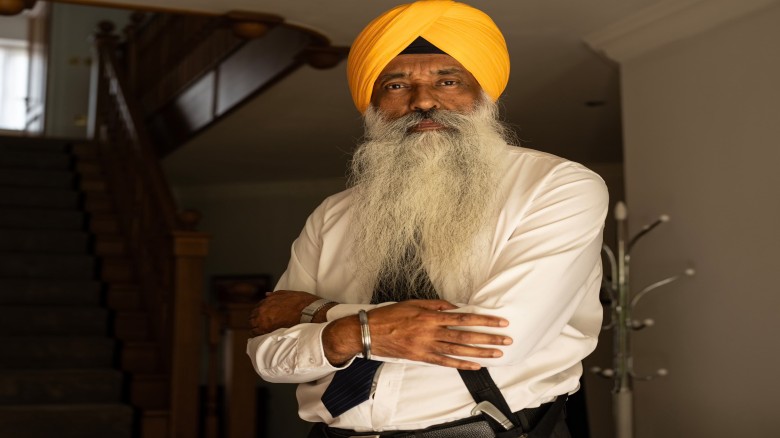
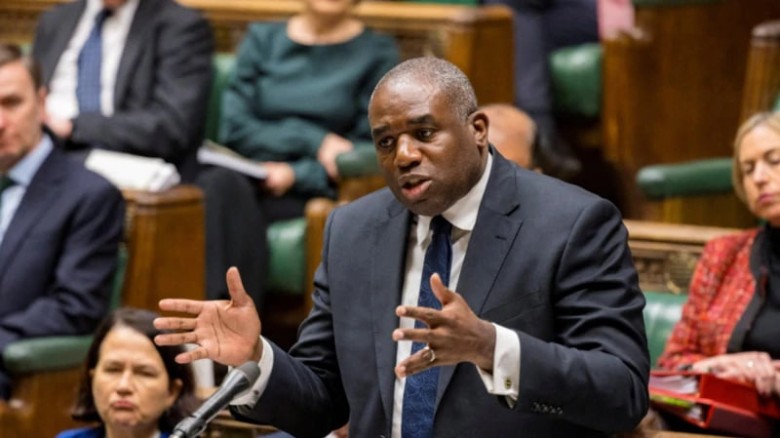


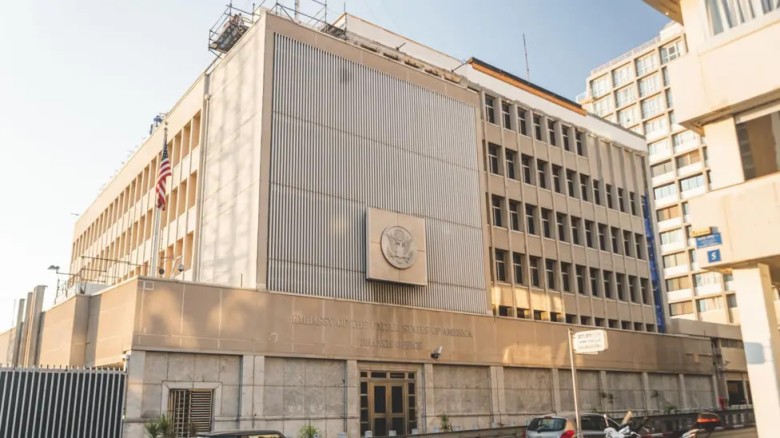
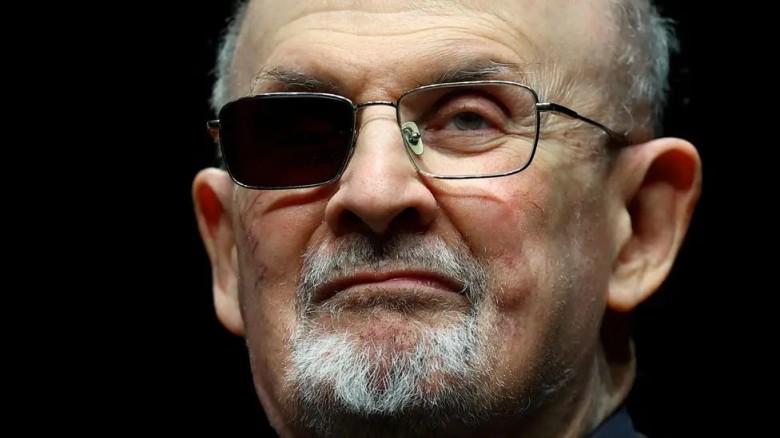
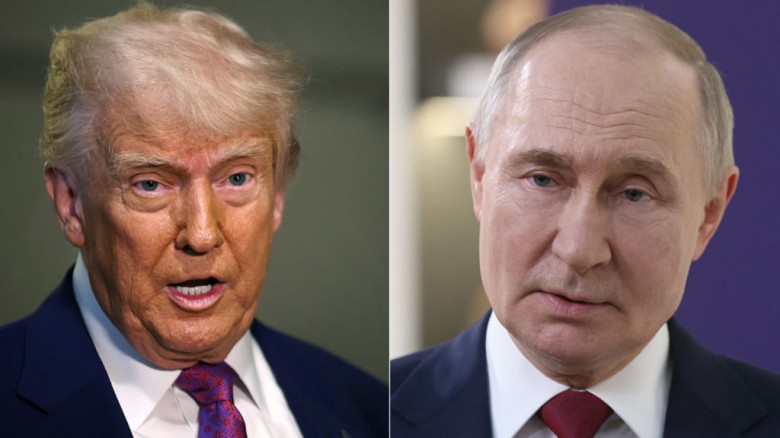
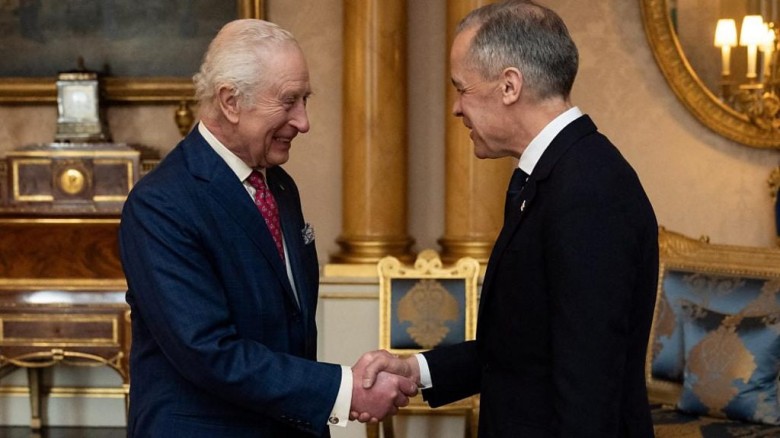



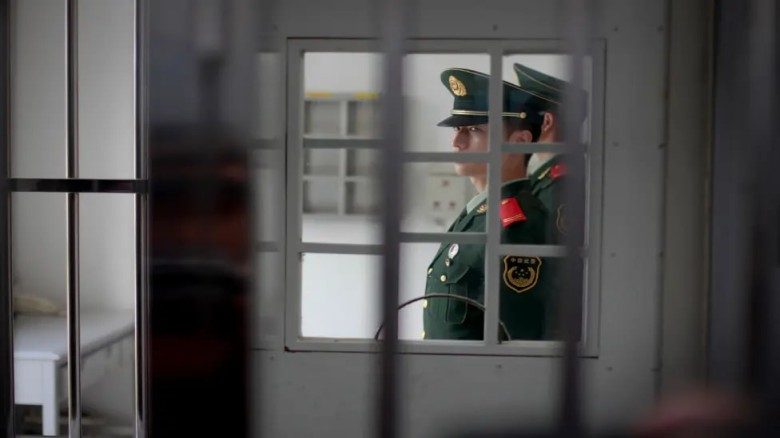
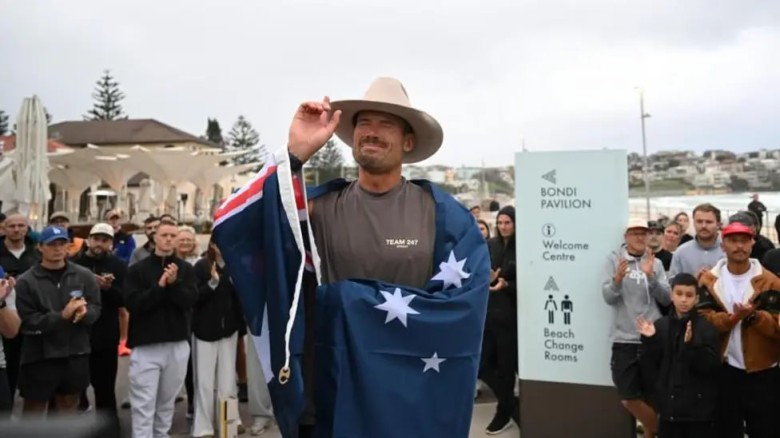
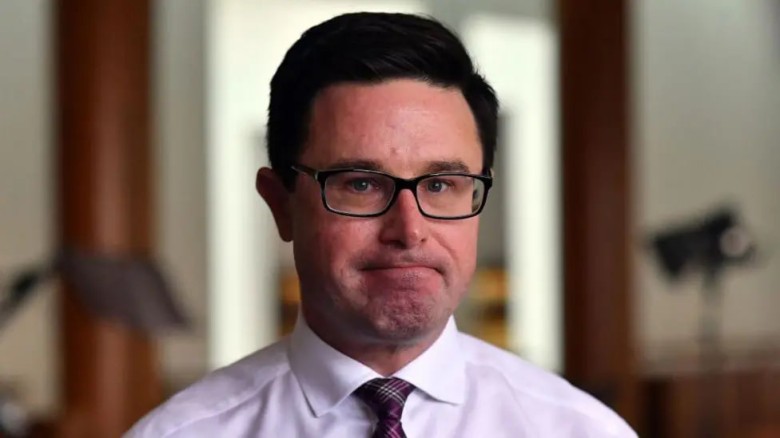

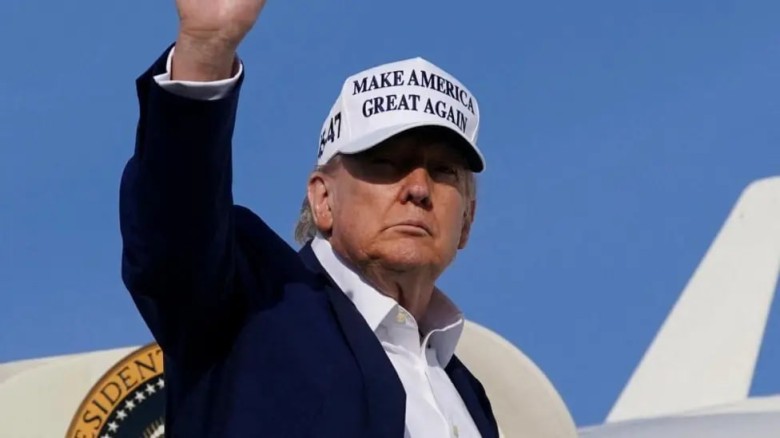



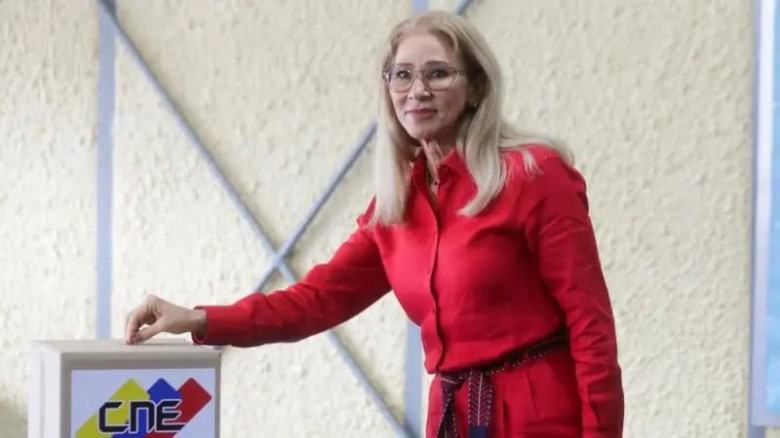












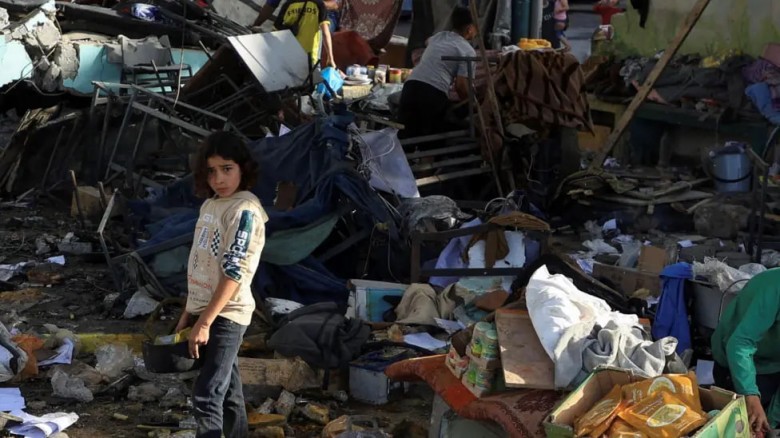
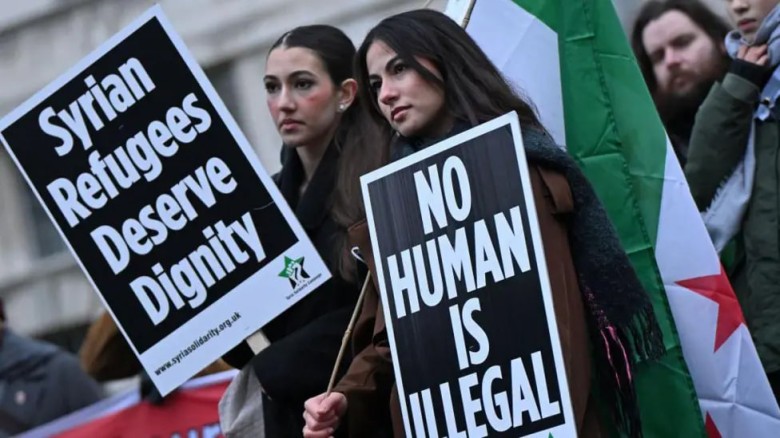

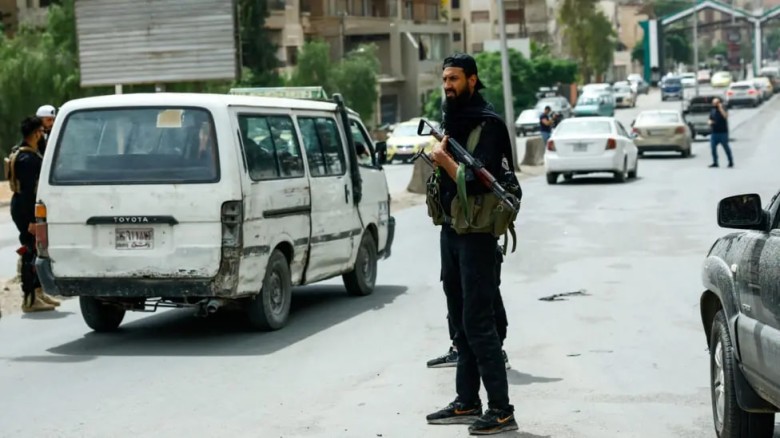







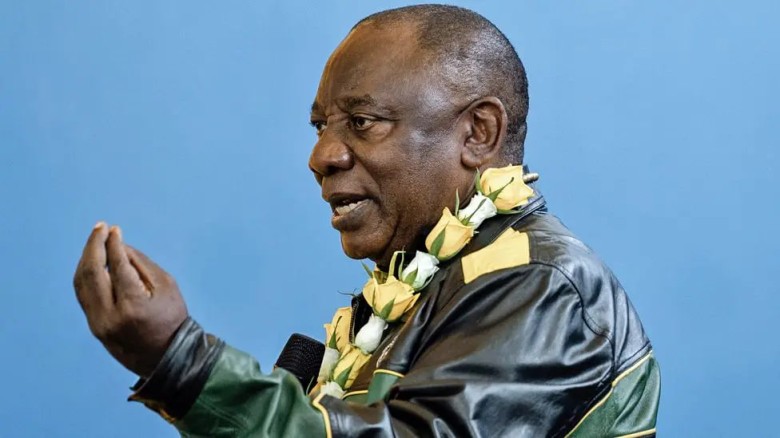
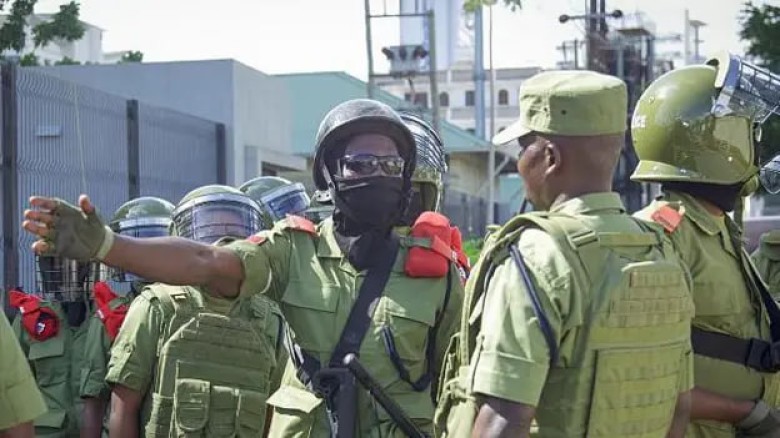

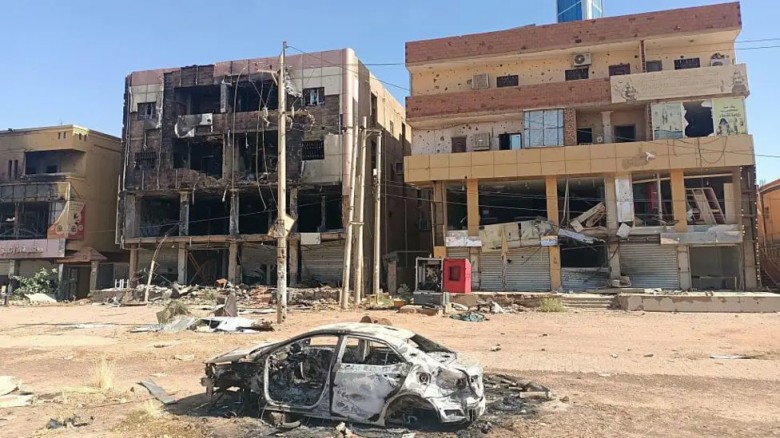



















Leave A Comment